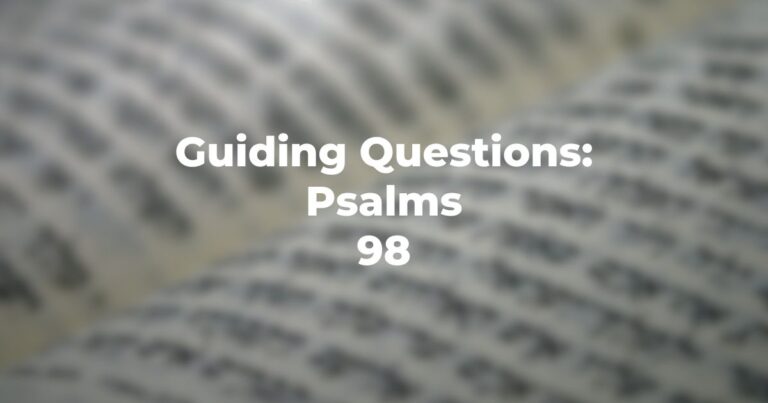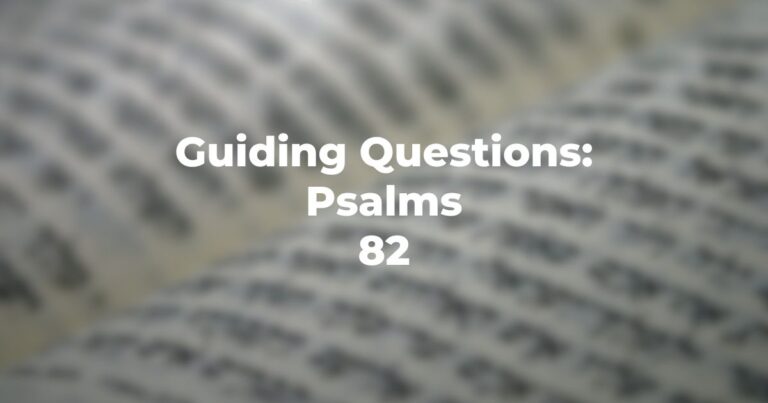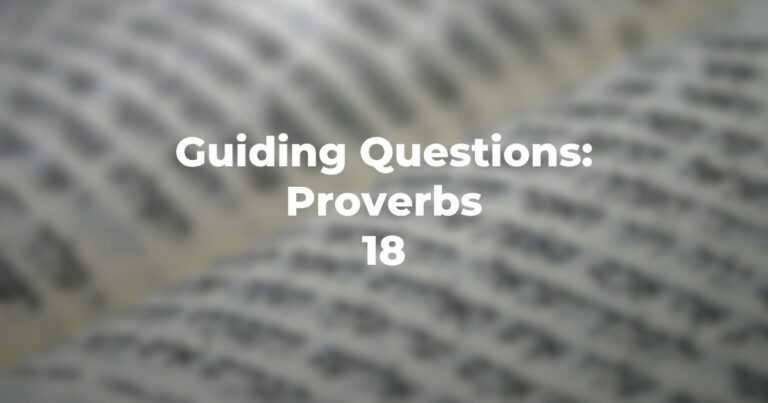- Are Job’s opening remarks in his response justified (Job 16:1-3)?
- Is it surprising that Job would speak the same way as his friends if their positions were reversed (Job 16:4-5)? Or, perhaps, is he suggesting that he would do better at consolation?
- Does Job 16:6 convey the futility of speech or the futility of silence, or both?
- What is the “community” (other versions: “company”) to which Job refers in Job 16:7?
- Why is there a shift from third person to second person and back again in reference to God in Job 16:7?
- What are Job’s charges against God (Job 16:7-8)?
- In Job 16:9 who is the “foe”; in Job 16:10 who are “they”, in Job 16:11 who is the “evil man”?
- A comment: in Job 16:12 there are two excellent examples of alliteration and onomatopoeia in the Hebrew that are somewhat lost in translation: vayefarpereini (he broke me in pieces) and vayefatzpetzeini (shattered me). Do these words effectively convey the depth of Job’s suffering?
- How does Job metaphorically depict God’s assault on him (Job 16:12-14)?
- How does Job express his emotional response to the assaults and his innocence (Job 16:15-17)?
- What is the force of Job’s appeal to Earth not to cover his blood (Job 16:18)? Does this cry have a contemporary resonance? Of what story in Genesis is this appeal reminiscent? (See Genesis 4).
- Does Job’s declaration in Job 16:19-21 suggest a change in his attitude towards God, or an ambivalence?
- What is the urgency of Job’s appeal for God’s vindications of him (Job 16:22, and note the arrangement of Job17:1 as the conclusion to this chapter).
Author
-

Exploring Judaism is the digital home for Conservative/Masorti Judaism, embracing the beauty and complexity of Judaism, and our personal search for meaning, learning, and connecting. Our goal is to create content based on three core framing: Meaning-Making (Why?), Practical Living (How?), and Explainers (What?).
View all posts





